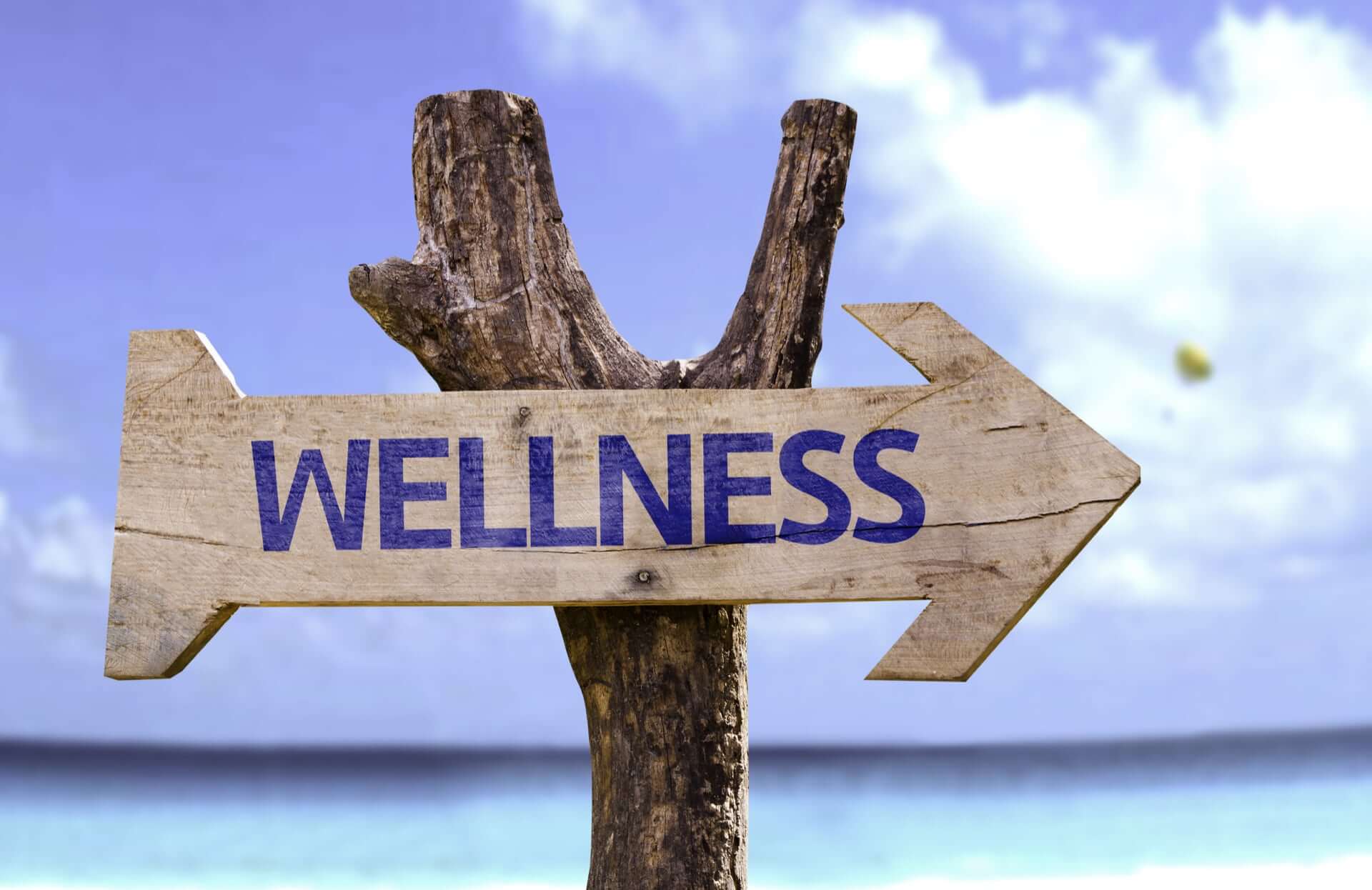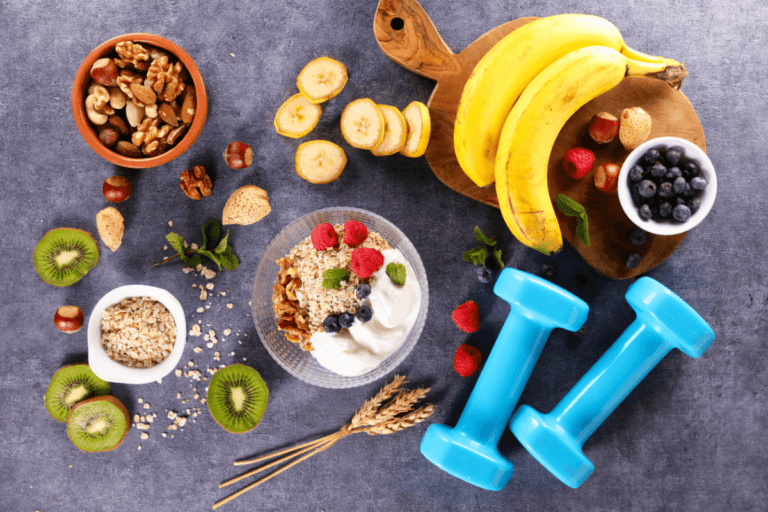Exploring Holistic Wellness: Diet, Exercise, and Mindset Tips
Achieving holistic wellness means nurturing the mind, body, and spirit for balanced, long-lasting health. Focusing on diet, exercise, and mindset is essential for a holistic approach that goes beyond treating symptoms to address underlying causes and improve overall quality of life. Let’s explore practical tips in each area to help you achieve holistic wellness.
1. Nourishing Your Body with a Balanced Diet
Diet plays a foundational role in holistic wellness, fueling the body and impacting mood, energy, and resilience to illness. A balanced diet with nutrient-rich foods provides the body with essential vitamins, minerals, and antioxidants for optimal function.
Tips for a Holistic Diet:
Embrace Whole Foods: Prioritize fruits, vegetables, lean proteins, whole grains, nuts, and seeds. Whole foods contain more fiber, antioxidants, and essential nutrients than processed alternatives.
Incorporate Healthy Fats: Include sources like olive oil, avocado, nuts, and fatty fish (like salmon and sardines) to support brain health, skin, and cellular function.
Stay Hydrated: Drinking water throughout the day is essential for energy, digestion, and detoxification. Aim for at least 8 glasses, adjusting based on activity levels and climate.
Balance Your Macronutrients: Include a balance of carbohydrates, proteins, and fats at each meal to stabilize blood sugar levels and sustain energy.
Eat Mindfully: Mindful eating—slowing down, appreciating flavors, and recognizing fullness—promotes better digestion and helps prevent overeating.
Supporting gut health is also key. A diet rich in fiber, probiotics (found in yogurt, kefir, and fermented foods), and prebiotics (found in bananas, garlic, and onions) can boost digestion and immune function.
2. Integrating Regular, Enjoyable Exercise
Physical activity is not just about looking fit; it’s essential for heart health, mental clarity, and emotional well-being. The best approach to exercise is one that feels enjoyable and sustainable.
Exercise Tips for Holistic Health:
Prioritize Consistency Over Intensity: Aim for at least 150 minutes of moderate aerobic activity per week, which can be broken down into short daily sessions. Walking, cycling, or dancing can all meet these goals and are often easier to maintain than high-intensity routines.
Incorporate Strength and Flexibility Training: Include 2-3 days of resistance exercises (using weights, resistance bands, or body weight) for muscle tone and bone health. Adding stretching or yoga helps improve flexibility, reduces injury risk, and relieves stress.
Make Movement Fun: Whether hiking, dancing, or playing a sport, choosing enjoyable activities increases the likelihood of staying active. Mixing up your routine also challenges different muscle groups and keeps exercise interesting.
Practice Mindful Movement: Try mindful forms of exercise, like yoga, Pilates, or tai chi. These practices connect breath with movement, fostering a greater mind-body connection and reducing stress.
Listen to Your Body: Rest is as important as movement. Taking rest days and allowing muscles to recover prevents burnout and injury, making exercise more sustainable over the long term.
Exercise also boosts the release of endorphins, which are natural mood enhancers. Whether it’s a brisk walk or a dance session, find ways to incorporate physical movement that makes you feel good.
3. Cultivating a Positive and Resilient Mindset
Mindset plays a powerful role in holistic wellness, influencing how we respond to challenges, cope with stress, and experience joy. Practicing self-care, gratitude, and resilience-building techniques helps create a balanced mental outlook.
Tips for a Positive Mindset:
Practice Gratitude: Writing down 3 things you’re grateful for each day can shift focus to the positive aspects of life, enhancing mood and perspective. Regular gratitude practice is linked to improved mental health and resilience.
Set Daily Intentions: Start each day with a small goal or intention, such as “I will take deep breaths when I feel stressed” or “I will eat mindfully.” These intentions align actions with goals and foster a positive, goal-oriented mindset.
Engage in Meditation or Mindfulness: Taking a few minutes daily for meditation or deep breathing helps reduce stress, improve focus, and promote a calm state of mind. Mindfulness meditation, in particular, encourages awareness of the present moment, which can reduce anxiety.
Challenge Negative Thoughts: Practice identifying and reframing negative thoughts into more balanced, constructive ones. For example, changing “I can’t handle this” to “I’m doing my best, and that’s enough” builds resilience and a positive mindset.
Nurture Connections: Social connections improve mental well-being. Spend time with family and friends, join groups with shared interests, and prioritize connections that uplift and support you.
Balancing screen time is also essential. Taking time to unplug from devices allows the mind to rest, fosters creativity, and encourages more meaningful in-person interactions.
Integrating Holistic Practices Daily
Achieving a holistic approach to wellness means blending diet, exercise, and mindset practices into your daily routine. Here are some practical steps for integration:
Create a Routine: Block time each day for a healthy meal, a short exercise session, and a moment of mindfulness or gratitude. This routine can become a daily ritual, fostering consistency.
Track Progress: Use a wellness journal or app to monitor diet, exercise, and mood. This helps identify patterns, celebrate successes, and adjust areas needing improvement.
Set Small Goals: Break larger goals into smaller, actionable steps. For instance, instead of overhauling your diet, aim to add one more vegetable to each meal. Small changes add up over time, creating sustainable habits.
Embracing Holistic Wellness
Holistic wellness is a journey that prioritizes balance and self-awareness. By focusing on nourishing foods, engaging in enjoyable movement, and cultivating a positive mindset, you can support overall well-being and resilience. Remember that wellness is personal, and finding what works best for you is key. With small, consistent changes, you can enhance your health in ways that support a balanced, fulfilling lifestyle.







